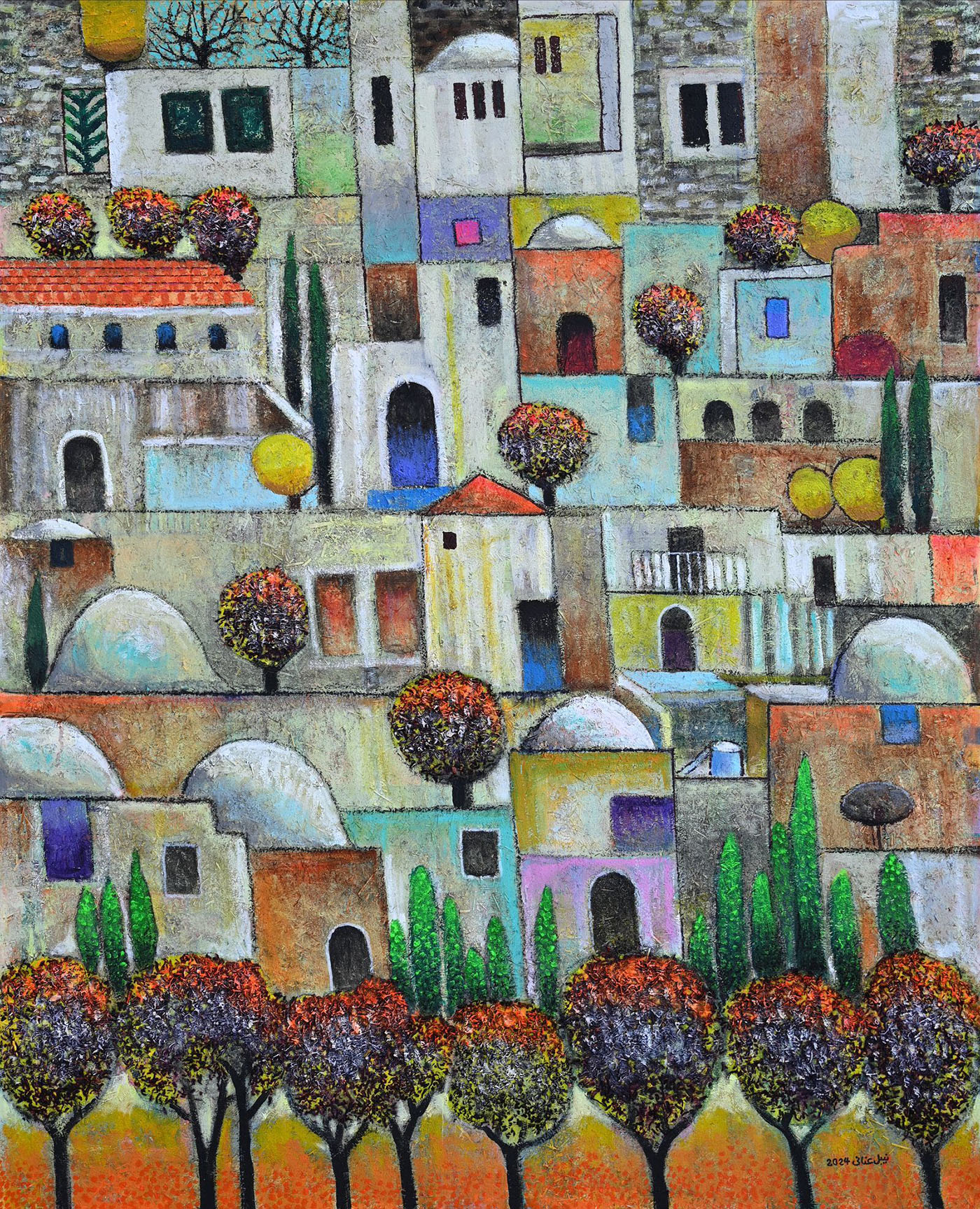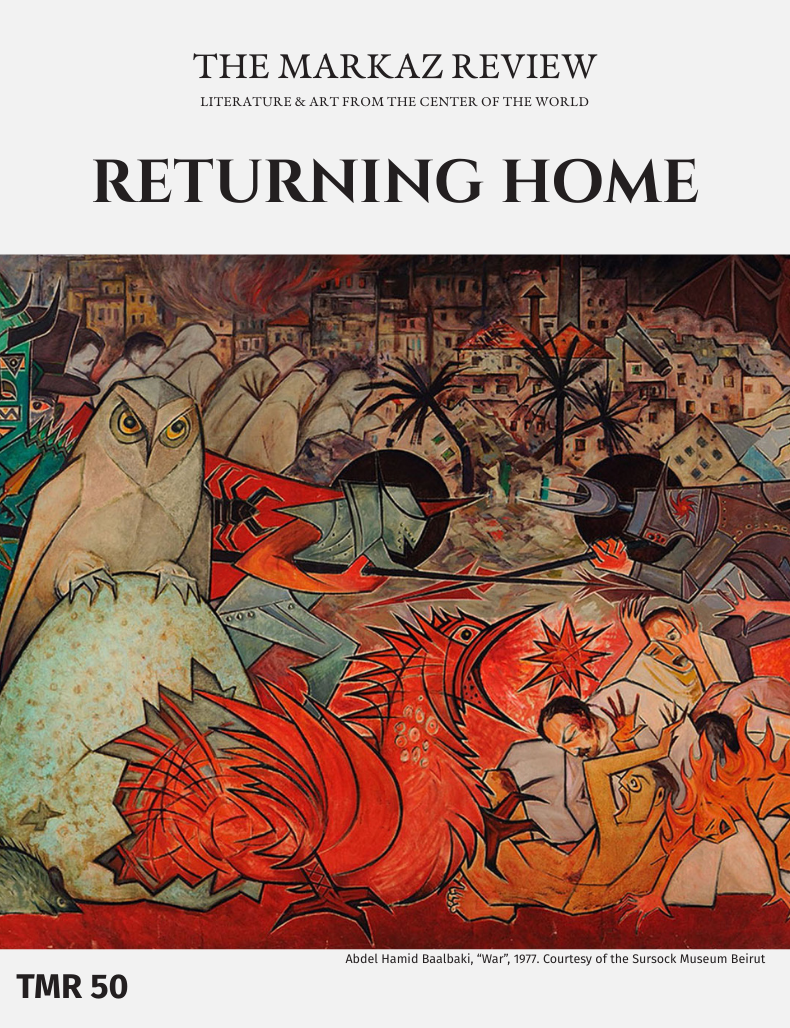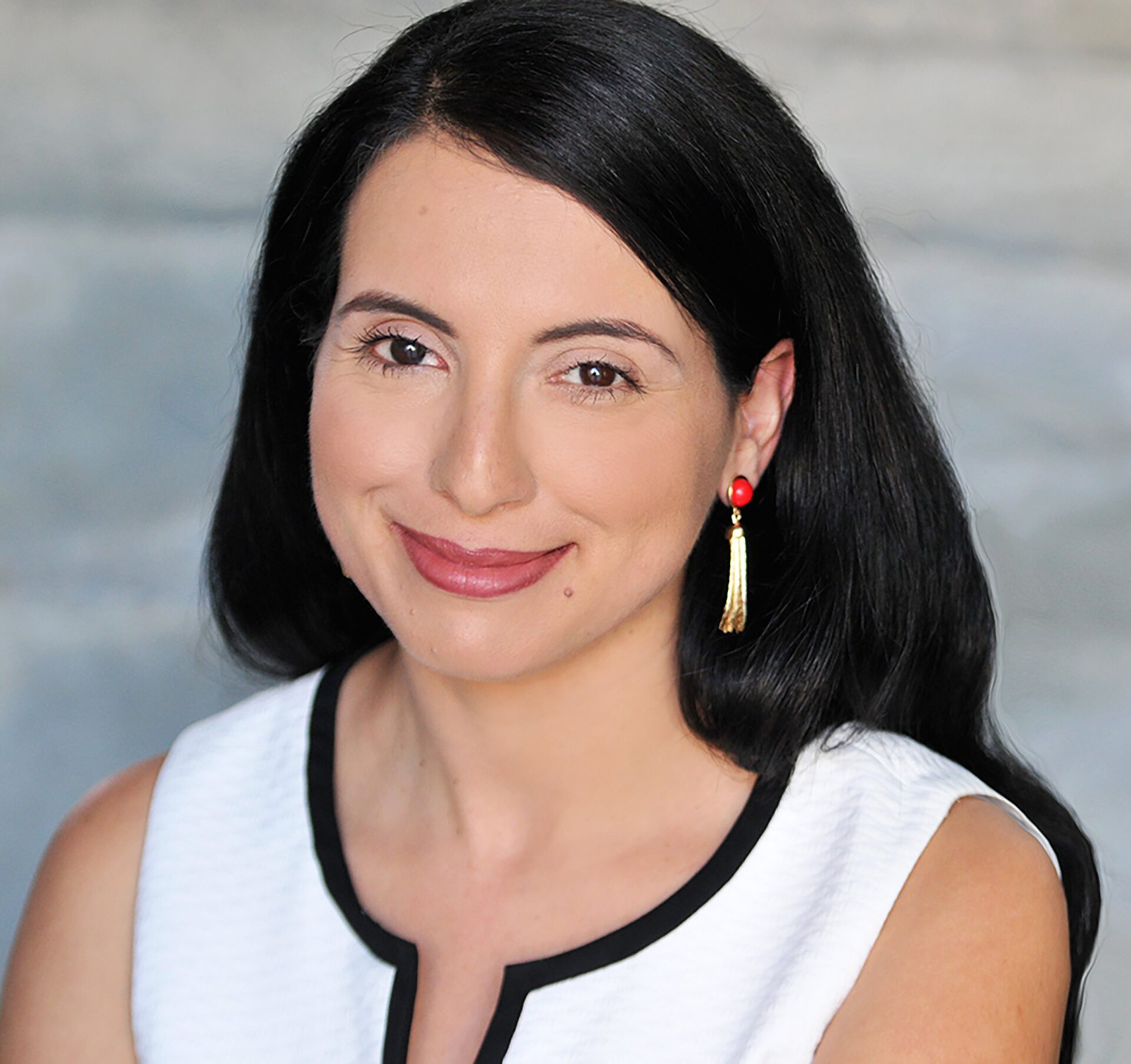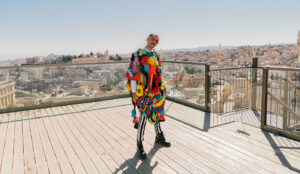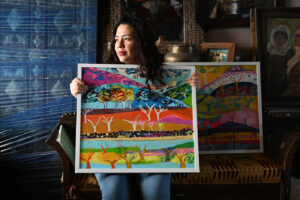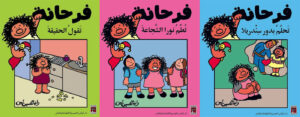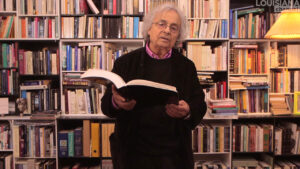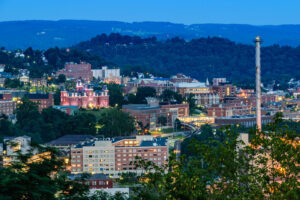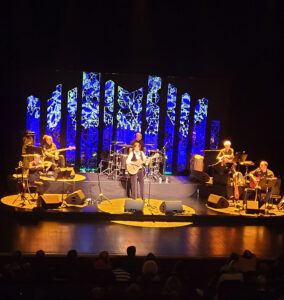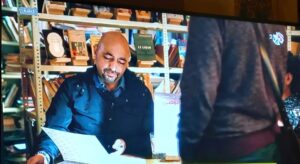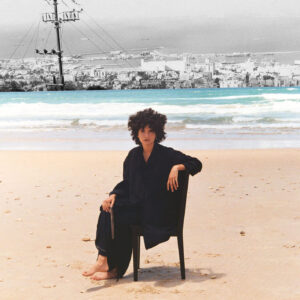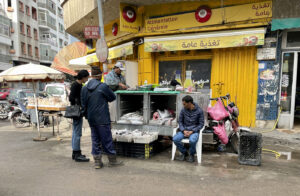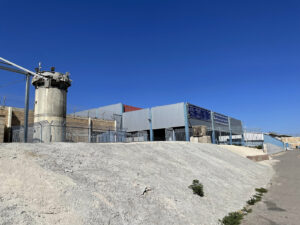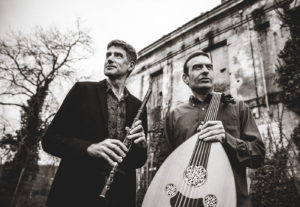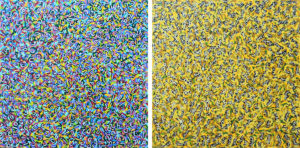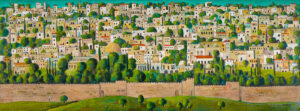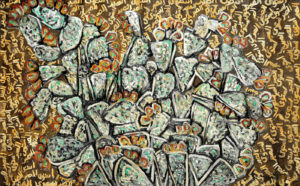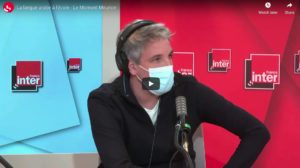In Betty Shamieh's novel, Too Soon, the theme of returning home is intricately woven into the narrative, reflecting the complex emotions tied to identity, belonging, and the passage of time. The characters grapple with the notion of home as both a physical place and an emotional state, and their journeys highlight the challenges and transformations that accompany the search for a sense of belonging. The concept of returning home in Too Soon serves as a metaphor for personal and cultural reconnection. For many of the characters, home is not just a geographic location but a repository of memories, traditions, and unresolved conflicts. This duality creates a poignant tension: while home offers comfort and familiarity, it can also evoke feelings of nostalgia and loss. The characters’ attempts to return home often lead them to confront painful truths about their pasts and their relationships with family and community. Shamieh also explores the impact of external circumstances—such as war, displacement, and migration—on the idea of home. As characters navigate these challenges, their journeys serve as a commentary on the broader immigrant experience, illustrating how the concept of home can shift and evolve in response to changing realities. The longing to return home resonates deeply, as it reflects a universal human desire for security and acceptance. Through this exploration, Shamieh invites the audience to reflect on their own relationships with home and the multifaceted nature of belonging.
Within the space of a day, I had already begun to live as a Palestinian, meaning I was accustomed to life under military occupation. It had become a backdrop, separate from my inner journey. At the helm of my consciousness was that my mind, body, and spirit – which were often at odds – were on the same page, basking in the joy of what had been – so far – an immeasurably satisfying love affair where I was cast as a leading lady riding astride her leading man. Everyone else was a bit player. When we finally crossed the checkpoint, I held my breath as we drove towards Ramallah’s hilly terrain. Ramallah means Hill of God. It is situated on the crest of mountains where our forefathers had founded the village four hundred years ago (obviously bringing our foremothers along for the ride). With each wave of refugees from each war, Ramallah had blossomed into the center of Palestinian culture, commerce, and art that was so enormous it was unrecognizable to my parents, who left as children, when the city was just a seed of itself.
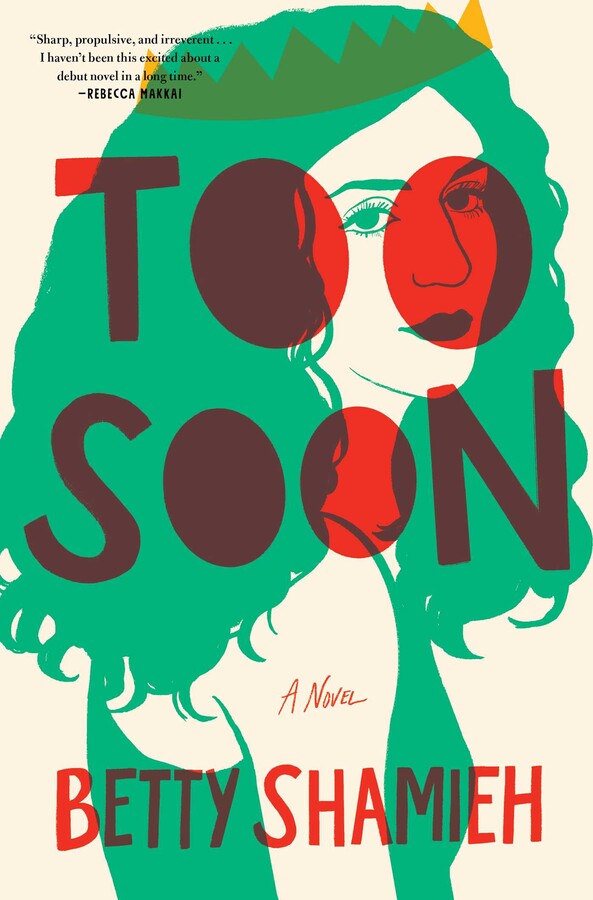
“Hathihe Ramallah?” my parents asked each other in shock as they stood in Tahta, the district known as the downtown. Is this Ramallah? It was a question they repeated so often it became a refrain every time we seemed to turn a corner. They recognized Bouza Ruqab, the ice cream parlor and the epicenter of their worldly desires as children, but apparently little else. Our trip to Palestine had been an afterthought for my bourgeoisie parents, hardly some spiritual sojourn to learn about my history. During the summer between high school and college, we made a stop there as a part of a highlights of the world tour that included Paris, London, Cairo, and – on a whim – their hometown. Is this Ramallah? It was a question I asked myself now as we drove in. I eyed scantily clad girls in heels and fully veiled ladies, weaving their way through the crowded streets. Is this Ramallah? A cahway, a coffeehouse and traditionally all-male space, down the valley from Snobar, the open-air, co-ed poolside bar. Is this Ramallah? The five-star hotel Movevenpick hovering in sight of the souk, resplendent with wares of the latest fashions alongside rows of restaurants displaying skewers of shawerma meat spinning like planets on their axes. The whiff of hot fresh meat made you dizzy with desire, no matter how full you thought you were. Is this Ramallah? I glanced at Al-Muntizah, the garden restaurant and only spot of greenery nestled at the foot of the hilly terrain for centuries. Four enormous stately stone lions had been erected, each representing a founding father of a clan of Ramallah. From their perch, the statues overlooked the boisterous epicenter, a circle of honking cars and screeching microbuses who dodge the undaunted pedestrians who wouldn’t have waited their turns to cut across the dizzyingly busy thoroughfare even if there were actually pedestrian signals to suggest that they consider the idea. Could those founding fathers, humble farmers, ever have predicted such monuments to them would be built? What would they think of the fact that the vast majority of their descendants ended up in another world, a land that would be called America, another former British colony? Or that two of their progeny, Aziz and I, would have very different paths but both that led us to return and find one another here? Is this Ramallah? Aside from the chatter in Arabic, as we were stopped in the bumper-to-bumper traffic, I caught snippets of French spoken among a gaggle of young foreigners milling about the cosmopolitan restaurants, open for business, that lined the newly paved streets. I figured most were students, young idealistic activist-types living in Ramallah while doing a year of study abroad at the nearby Bir Zeit University, the Harvard of Palestine, a place I surely would have attended had my family never left. I studied these teenagers who chose to sojourn to the place my family fled. Is this Ramallah? The answer, invariably, was yes.



